Top 7 Djibouti Culture, Customs and Etiquette
In Djibouti, customs are as diverse and colorful as the mosaic of languages spoken - including Somali, Afar, Arabic and French - and an enchanting ethnic ... read more...composition. Ancient and Islamic rituals are practiced in everyday social life and are marked by superstitious beliefs. Here are some typical cultures in Djibouti that you should not miss.
-
The Somali Issa have a creation myth that depicts their common ancestor, Aqiil Abuu Taalib, as an Arabian holy man. In his honor, there are hymns (qasiidas). His maqaam (shrine) is in Djibouti, where he is said to have appeared miraculously. The oral tradition of the Somalis also includes storytelling and poetry. Poetry recited in villages by gabaye, or special readers, is a way of documenting the community's history and customs, as well as current events. Because nomadic Somalis have begun to learn to read and write, the Somali tradition of oral poetry may become less important.
Some of the Afars' beliefs date back to their original religion. It existed prior to the arrival of Islam. These beliefs include a reverence for the abilities possessed by the spirits of the dead. There is also a belief in the existence of sacred groves and trees. Anointing one's body with butter or ghee, a clarified butter used for cooking and other purposes, is one traditional practice that is part of this belief system. There is also an annual commemoration of a day of the dead known as Rabena.
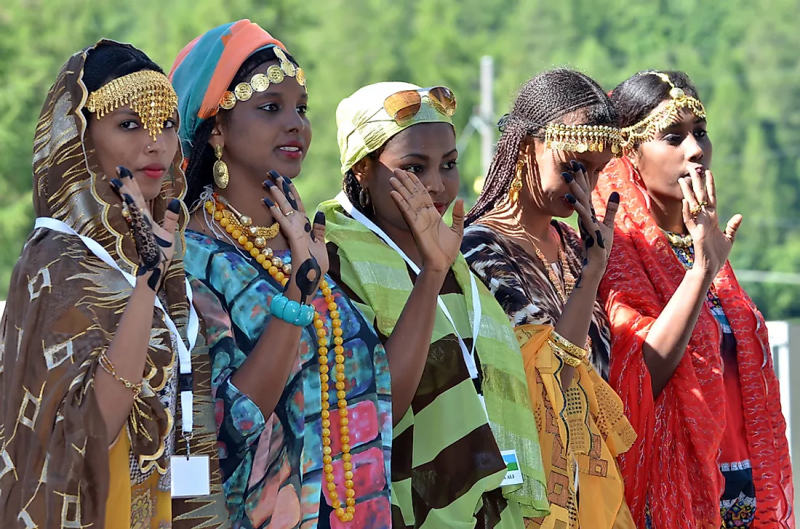
face2faceafrica.com 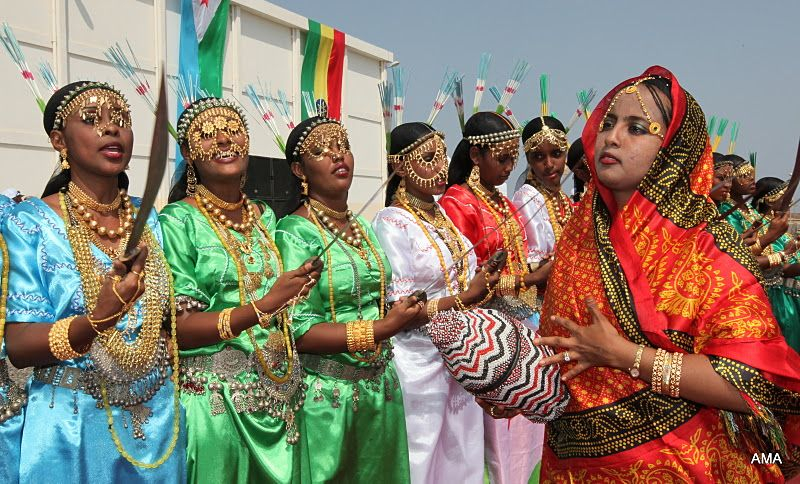
worldatlas.com -
Djiboutians have a high regard for their elders and the dignity of others. Djiboutians have not had the opportunity to form strong relationships with neighbors due to their nomadic (traveling) tradition, so family relationships are extremely important. Clan membership has a significant impact on a person's relationships and social standing. For men, this is also determined by combat bravery. The Somali proverb "I against my brother; I and my brother against my cousin; I, my brother, and my cousin against the world" exemplifies clan solidarity.
Accepting a drink of milk among the nomadic Afar signifies the formation of a bond between a guest and a host. This bond includes the obligation to protect the guest in the event of trouble and to avenge his death if he is killed. Djiboutis, Eritreans, and the vast majority of Ethiopians share a strong taboo (common among Muslims) concerning the left side of the body. The left hand is considered unclean and should only be used for personal hygiene. It should never be used to eat, accept a gift, or shake someone's hand (this would be considered an unforgivable insult).

selecthealth.org 
raisingchildren.net.au -
Weddings are large sacred occasions for Somalis to celebrate life, prosperity, and generosity. A massive platter of diq, a dish made of small pieces of meat wrapped in date paste, is prepared by the bride's mother and other female relatives. The bride also receives gifts that will provide her with comfort in her new life, such as a television, washing machine, air conditioning, and other items. Historically, Afar men were required to marry cousins on their mother's side. It used to be fairly common for newlyweds to fight on their first night of marriage, according to some senior members of the Afar community. As funny as it might sound, winning the battle was a honour question, hence the man had to win to keep his wife, house and ensure the respect of the family and the tribe.
According to Djibouti wedding traditions, a couple planning to marry should first visit the groom's parents, followed by a visit to the lady's house. Following their introduction, the couple organizes a meeting for their parents to discuss dowry payments. In Djibouti culture, the groom pays a dowry to the girl's family to show his appreciation. Dowry payments are typically made in the form of cattle or sheep. A Djibouti wedding ceremony includes both dancing and singing to traditional wedding songs. Before allowing a couple to marry in Djibouti, the culture considers a number of factors, including circumcision, family background, and fertility of both the man and woman to be married.
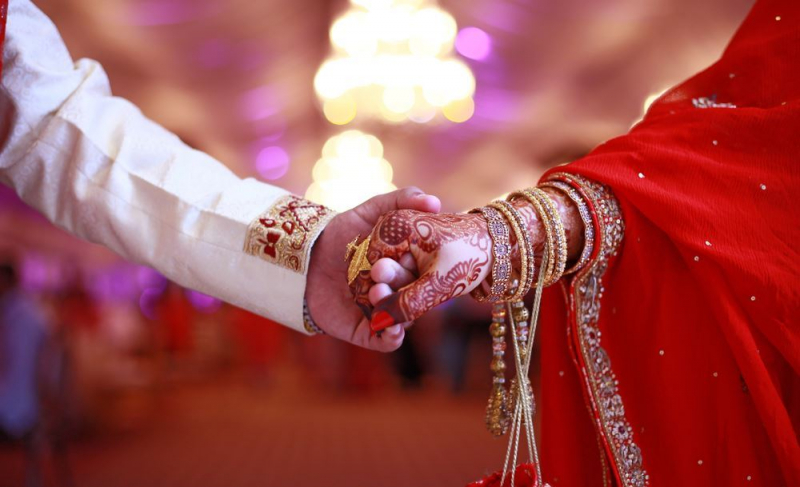
.eliteworldhotels.com.tr 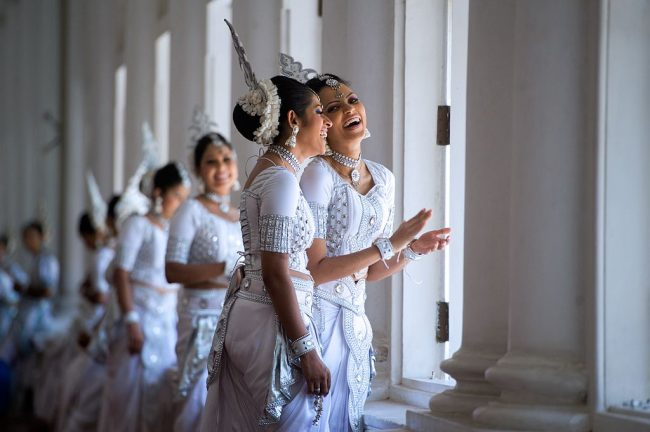
.eliteworldhotels.com.tr -
Tons of the legal narcotic leaf catha edulis, also known as qat, are imported daily from Ethiopia. Qat is typically chewed by men, though some women do as well, though this is never seen in public. Although khat is legal in Djibouti, it is not permitted in government offices or public sector jobs. Nonetheless, it is "tolerated" on construction sites, where men like Aburach, a Yemeni welder, chew on it to relax and be more productive. "Once I stop nibbling, I feel lighter, so much so that I actually work a bit more," the Yemeni told France24. When I stop nibbling, I feel a lot better. "I have a strong desire to work more."
You can buy it in many places downtown or on street corners in Djibouti City. Qat is thought to have aphrodisiac properties, as well as the ability to improve concentration and reduce appetite. Most people do it in the late afternoons and on weekends, but some start as early as noon. Men organize large indoor gatherings where they can chew qat and talk for hours. These one-of-a-kind qat parties are accompanied by shaah (tea) and music. If Ethiopia fails to deliver on time, even by one or two days, prices skyrocket and a general state of dissatisfaction reigns over Djibouti's urban landscape.
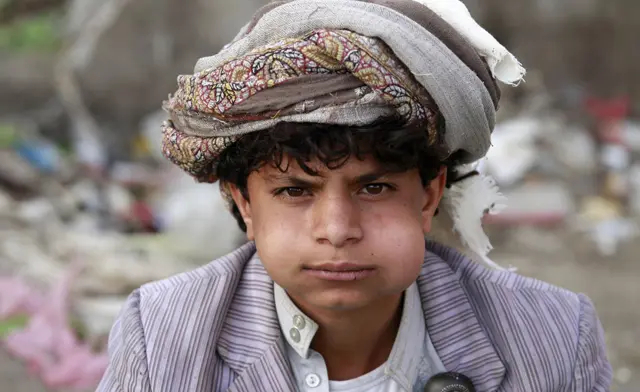
verywellmind.com 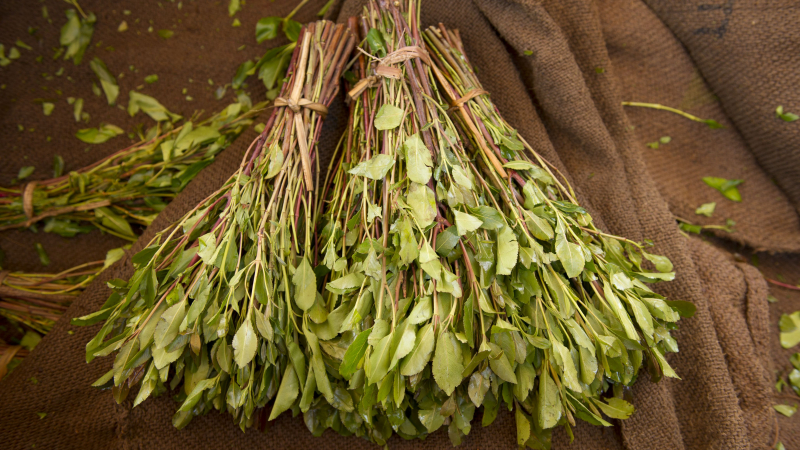
verywellmind.com -
Athletics are an important part of Djiboutian culture. Running is the most popular sport in Djibouti, and Djiboutian runners enjoyed great success in the 1980s. Ahmed Salah, Djibouti's most successful marathon runner, has won several international races, including the first world marathon championship in 1985.
Soccer has long become a sport loved by many spectators. In 1998, the Djiboutian national team participated in its first international tournament. Tennis is gaining in popularity, despite limited access to tennis courts and equipment. Pétanque is another popular sport. The game is similar to bocci ball in that players take turns rolling a ball as close to the target ball as possible. Every night, under street lights, groups of Djiboutians play billiards. Volleyball, handball, basketball and judo are also popular sports in Djibouti. Volleyball and handball both have active tournaments, but basketball is less well organized, due to a lack of suitable courts. Djibouti made his Olympic debut in 1984, at the Summer Olympics in Los Angeles. Its runner-up had an admirable record, and Salah won the country's first medal, a bronze in the men's team.
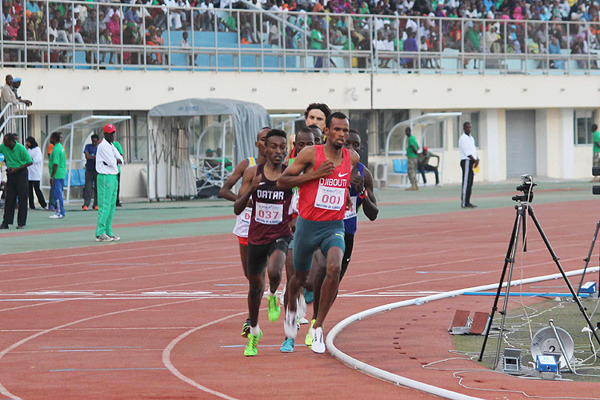
worldathletics.org 
newframe.com -
Clothing styles in Djibouti play an important role in revealing the wearer's ethnicity. French people typically wear casual shorts, whereas indigenous groups dress modestly in long dresses or skirts layered with a colorful shalma or futa (for females). While women typically dress in bright colors, men typically dress in white.
The majority of Djiboutis are Somalis, with the remainder being Afar, but the two groups are so similar in terms of language and culture that there is only one traditional style rather than several. A single-strapped dress is the most common traditional garment worn by both Afar and Somali women. In antiquity, Somali women wore it in white or red, but today, Somali women wear it in red and orange. Afar women today appear to wear it in red and black, though some women wear a red and black skirt with a white, silky tunic instead. The Afars are well-known for their ornate gold and silver jewelry. Raffia is used by people still living the nomadic lifestyle for weaving mats and large pieces are used to cover their dome-shaped houses.
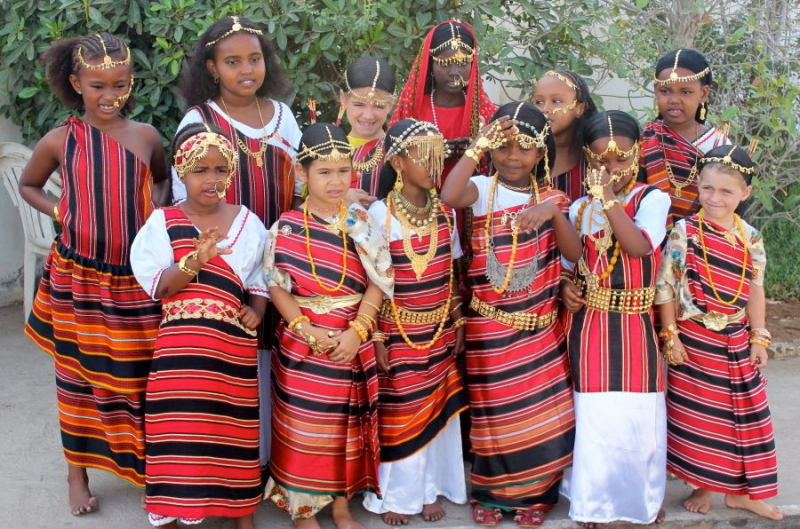
pinterest.co.uk 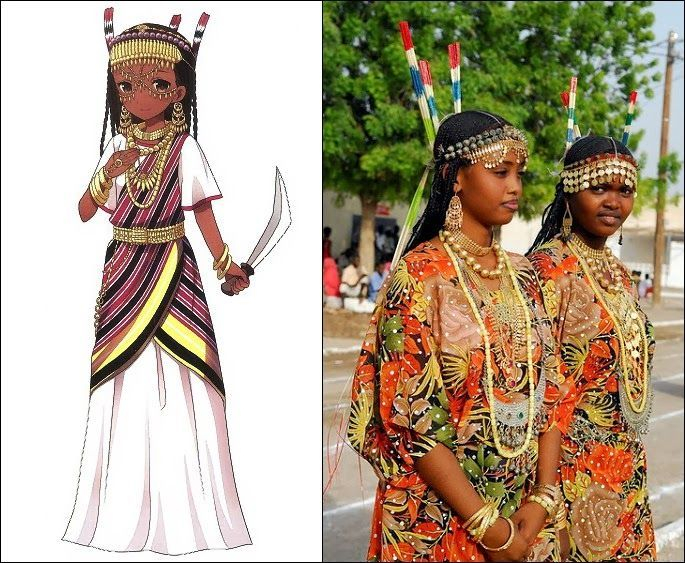
pinterest.co.uk -
Music also plays an important part in Djiboutian life and the two main ethnic groups both have their own traditions. Afar music is similar to the folk songs of the countries in the Horn of Africa like Ethiopia, but has distinct Arabic influences. The country’s musical tradition goes back to the nomadic days of the Afar people, when they traded goods with China, Egypt and India. Oral literature is also musical, and you may hear songs of war, praise, boasting, and for weddings. Somali folklore has a strong influence and their songs are mainly pentatonic (five pitches per octave), unlike major heptatonic or seven note scales. Djiboutians use different instruments like oud, bowl lyre and tanbura.
Most Somali songs are pentatonic; that is, they only use five pitches per octave in contrast to a heptatonic (seven note) scale such as the major scale. At first listen, Somali music might be mistaken for the sounds of nearby regions such as Ethiopia, Sudan or the Arabian Peninsula, but it is ultimately recognizable by its own unique tunes and styles. Somali songs are usually the product of collaboration between lyricists (midho), songwriters (laxan) and singers (codka or "voice"). Balwo is Somali musical style centered on love themes that is popular in Djibouti.
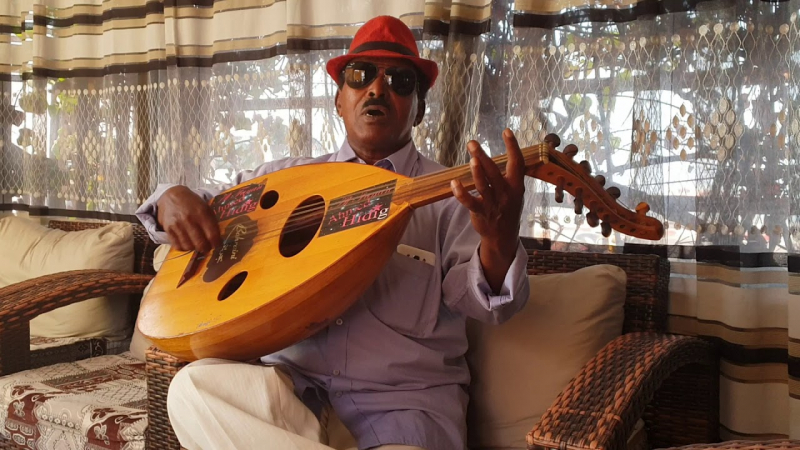
en-academic.com 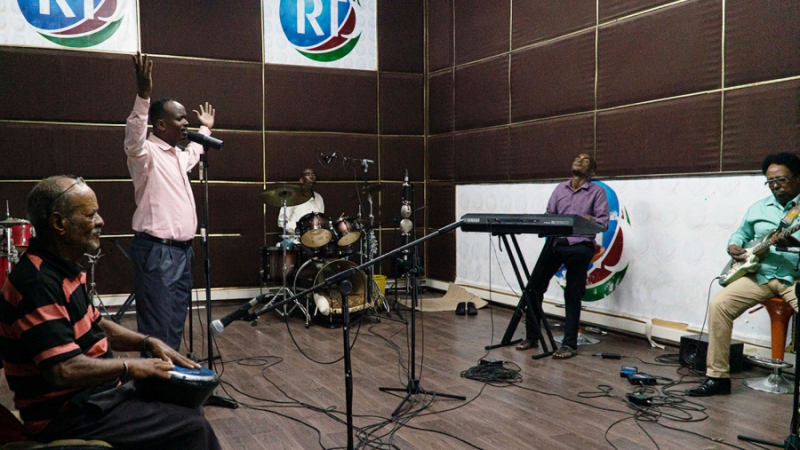
en-academic.com




























